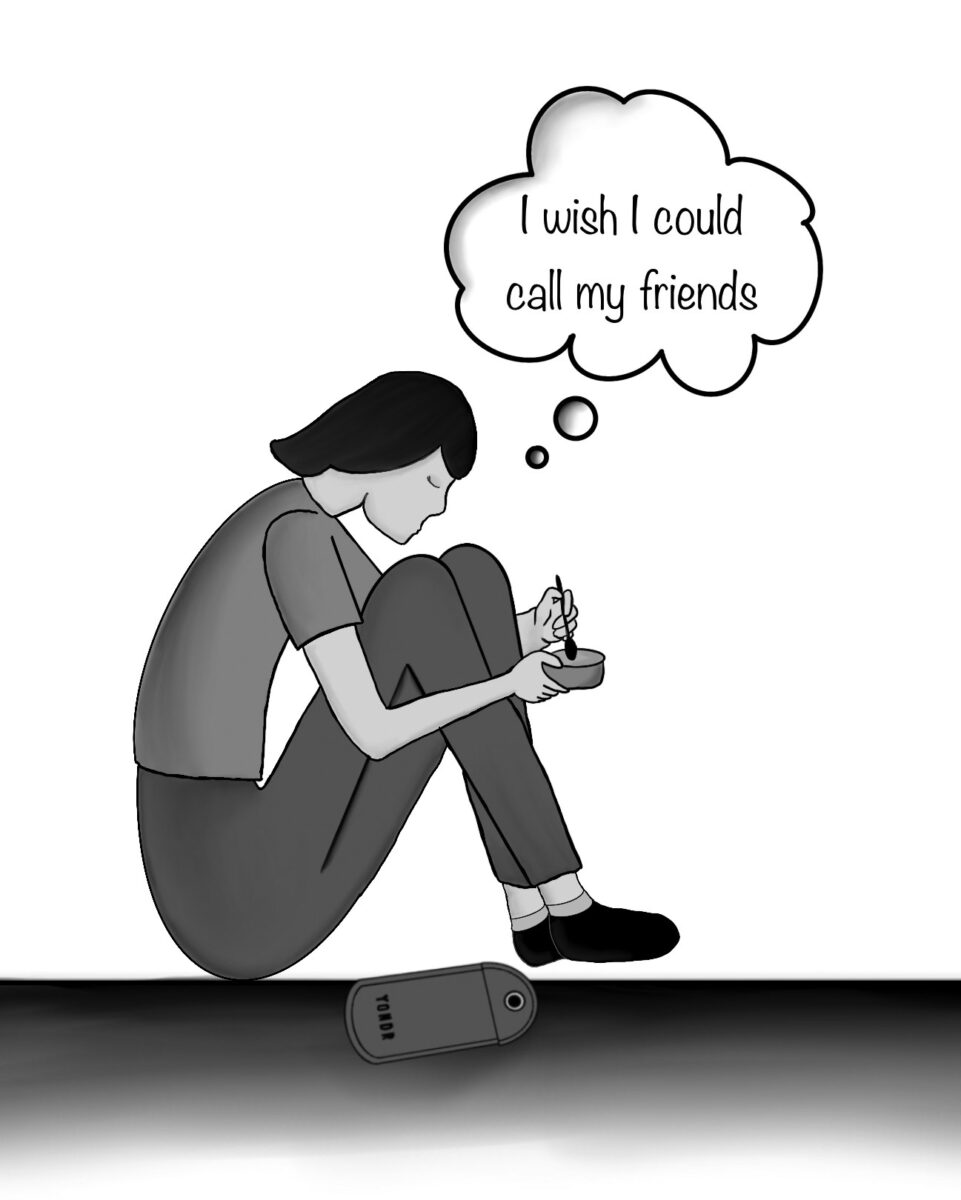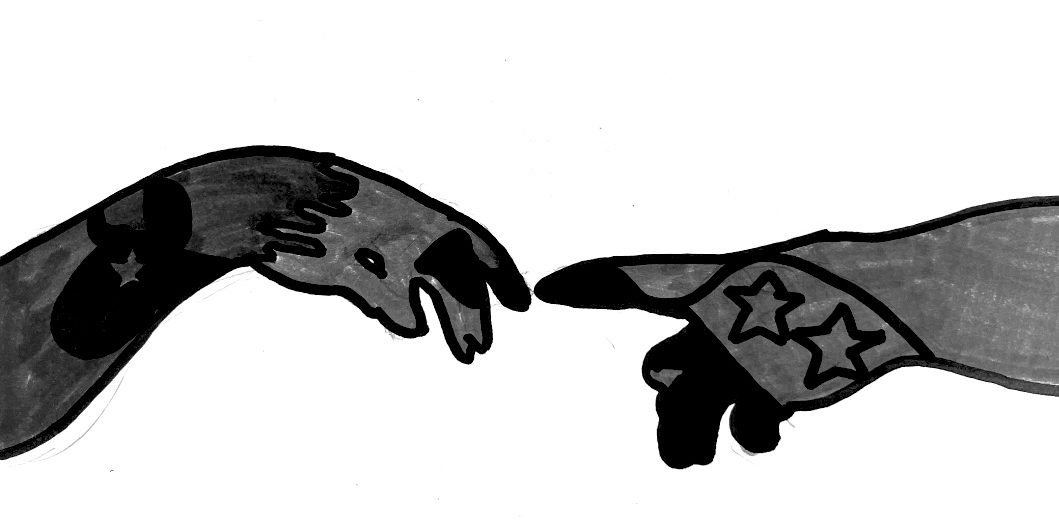As the 2020 Summer Olympics began in July, social media was flooded with content of creators mocking the idea of patriotism. They only felt pride for the U.S. every four years when America’s best athletes lined up for races and matches around the world. The truth is that many Americans are ashamed to align themselves with American Patriotism in its current state. And rightfully so. Patriotism has taken on a definition exclusive to the values of those who want a government based in America’s past, allowing the concept of pa

triotism to take on an exclusivity among our population. We argue that patriotism has the capability of unifying us, but we cannot have pride in our system without acknowledging the atrocities that have occurred throughout our nation’s history, and the systemic injustice that is still prevalent.
Patriotism, in recent years, has continued to lose its meaning to a deepening political divide driven by cultural shifts. Fox News commentator, Sean Hannity, mused on his show, “Hannity,” that lowered levels of patriotism “means that as younger Americans feel less and less patriotic, they’re also turning towards socialism.”
Hannity, who preaches a decidedly one-sided view of the U.S. in the spirit of American television, illustrates the media’s affection for using patriotism to go after ideological foes. He wrongly identifies those who stray from the conservative fabric of America as unpatriotic. The perception of what it means to love America needs to change. Hannity, with others from each side of the aisle, has allowed patriotism to become a rhetorical weapon that divides parties.
The idea that patriotism means loving America for how it represents a single perception of America is wrong. If we have learned anything from our country’s history, it is that our republic has failed to represent and address its systemic failures with respect to people of color. America’s roots in segregation and marginalization of immigrants are not fully unearthed, and there should be no expectation that American Patriotism be defined as having unconditional pride for our government and culture. American Patriotism should be about loving the people within our country, regardless of separate beliefs.
George Washington’s Farewell Address cites the importance of a nation bound together beyond its political factions, “The name of American, which belongs to you, in your national capacity, must always exalt the just pride of patriotism, more than any appellation derived from local discriminations.”
This perception of what it means to love America needs to be brought forward. For change to happen, we must allow patriotism to become a collective belief, held by both liberals and conservatives alike.
We understand that the definition of patriotism can be tailored by each citizen, based on personal experience. We do not believe that being patriotic has to mean loving the country for what it once was, or ignoring the injustices occurring today. Instead, patriotism can mean loving your country for what it could be and appreciating the potential it has.
Patriotism is tied to the shared consciousness of all Americans, accepting the places in America we find hope, and working towards change in those places we cannot.











